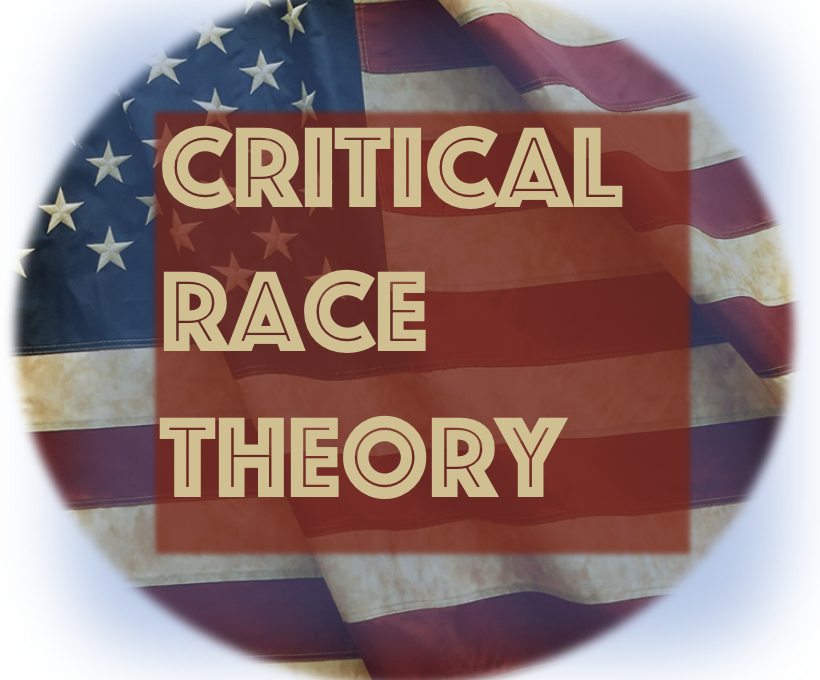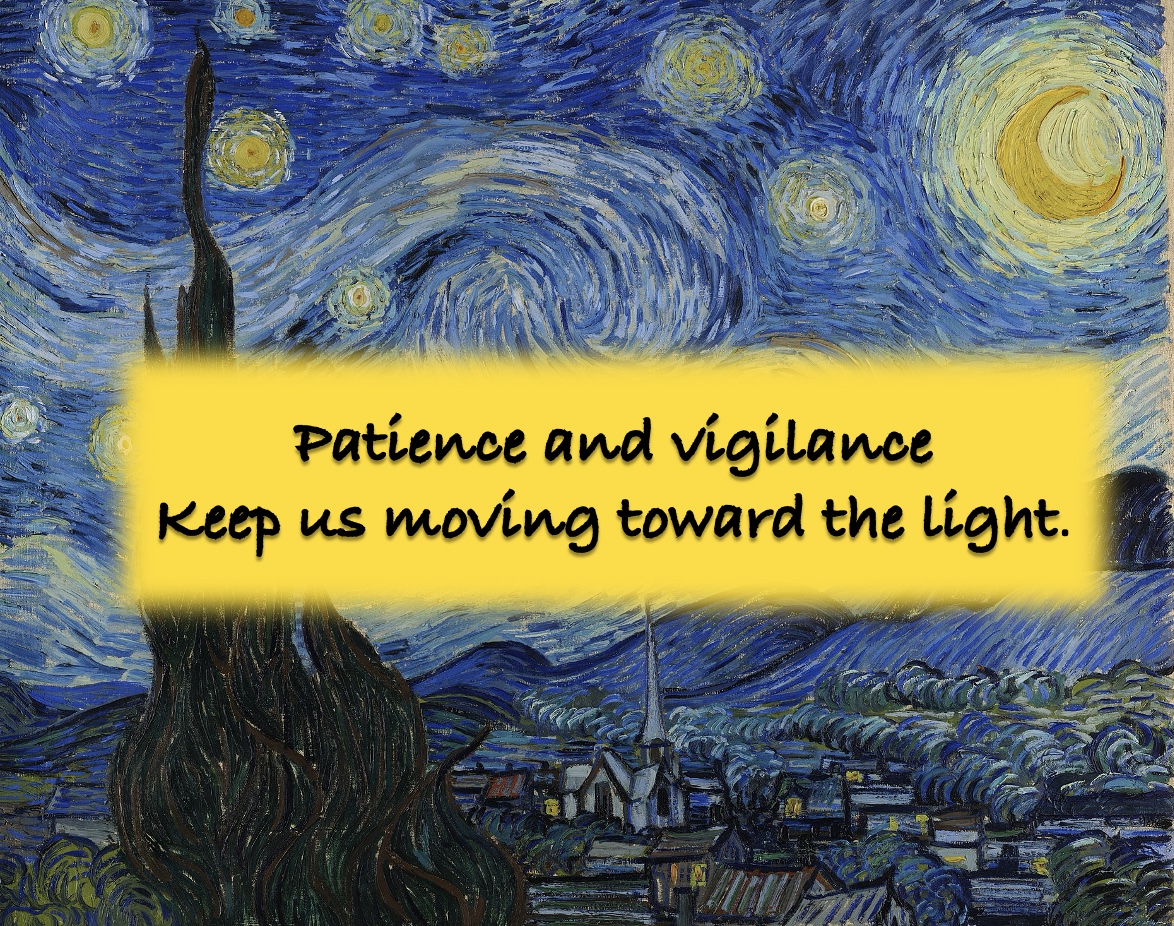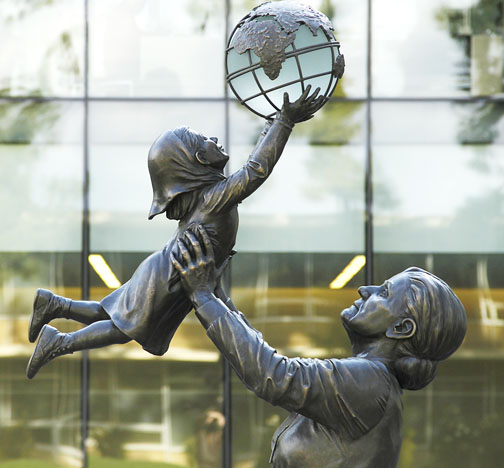Criticism can be divisive. But banning critique is a bad idea. Unanimity that results from censorship is not genuine. The productive solution is more enlightened critique.
I say this in response to efforts in several states to prohibit “critical race theory” (CRT) from being taught in schools. CRT claims that racism is deeply embedded in American institutions.
The reaction against CRT follows a script written by Donald Trump. Last fall he described CRT as a “crusade against American history.” He said it was “toxic propaganda, ideological poison, that, if not removed, will dissolve the civic bonds that tie us together, will destroy our country.”
But prohibiting a theory does not make it false. To disprove a theory, you need to critically examine it. Rather than censoring CRT, let’s encourage students to listen carefully to what critics have to say about racism. If the critics are wrong, let students prove them wrong. If they are right, then let’s empower young people to imagine productive solutions. Ideological indoctrination is wrong, whether it occurs in defense of CRT or against it.
The effort to ban CRT is symptomatic of a broader human avoidance of critical thought. We often prefer useful illusions about faith, family and country. When people challenge our illusions, we get defensive.
Religious people get defensive when scholars critically examine religious texts and beliefs. Something similar happens when feminists criticize gender, sex and the family. It happens when philosophers question cherished values.
Ideas and institutions are strengthened by confronting criticism head on. Criticism exposes flaws and weaknesses that can be improved. Without critique, bad ideas fester and institutions rot. If an idea or an institution is not strong enough to sustain critical scrutiny, that is not the fault of the critic.
The crucible of criticism causes values to evolve. We cannot predict where this will lead. But the hope is that as bad ideas are exposed, better ideas will develop, and institutions will be strengthened as a result.
Radical critique has a deep history. Socrates criticized Athens. Jesus critiqued Jerusalem. The American founders criticized British tyranny. Dr. Martin Luther King Jr. critiqued the American dream.
The heroes of critique are often opposed by reactionary forces who aim to silence them without responding to their criticisms. Sometimes this involves violence, as in the cases of King, Socrates and Jesus. But silencing the critic does not stifle the criticism. If the critique contains truth, the next generation will carry it forward.
It is not easy to think critically about the status quo. Sometimes it seems easier to avoid thinking altogether. But as King said, “Nothing in the world is more dangerous than sincere ignorance and conscientious stupidity.” He also said we have a “moral responsibility to be intelligent.”
Ignoring the problem of race in America will not make it go away. Indeed, institutions that censor criticism end up looking weak and stupid as a result. It is childish to stop up your ears and close your eyes.
Adults ought to confront problems with honesty, sincerity, and creative intelligence. Let’s model that behavior for our children. American kids know that there are racial problems in America. Riots in the streets make it clear. Preventing them from thinking critically about these problems won’t solve them. Our kids need lots of critical tools so that they can imagine solutions to our problems. Silencing the critics is not a useful strategy.
Censors sometimes seem to think that the critical theorist is conjuring these problems into existence. But critical theory is not a conjuring act. Rather, it brings to light the skeletons in the closet. The critical theorist does not create these specters. They are already there.
Critical theory is about enlightenment. One of the most famous mottos of enlightenment is “sapere aude,” which means “dare to be wise.” Wisdom requires the courage to confront the world without illusions. The light of truth exposes things as they are, not as we want them to be.
You have to shine this light into the closet. Ignoring the skeletons hidden there, won’t make them disappear. You also have to look in the mirror. If you don’t like what you see there, turning off the light won’t help.




 President Barack Obama defended Enlightenment values recently in a
President Barack Obama defended Enlightenment values recently in a 